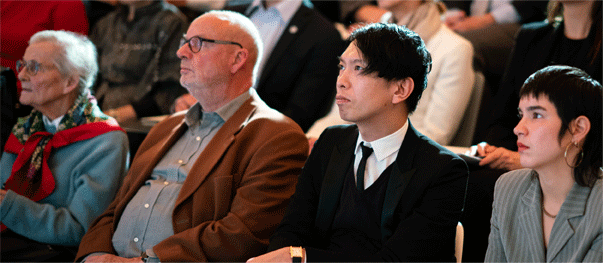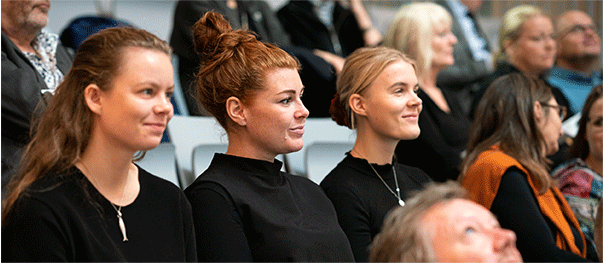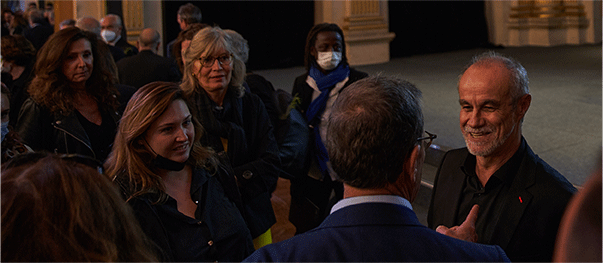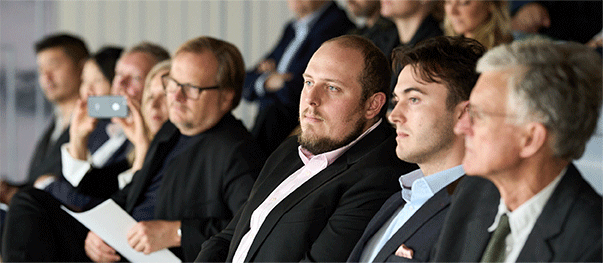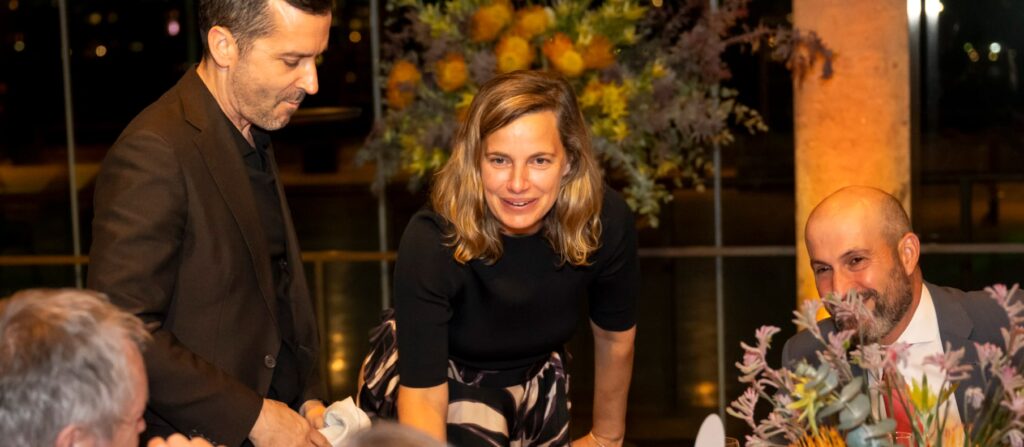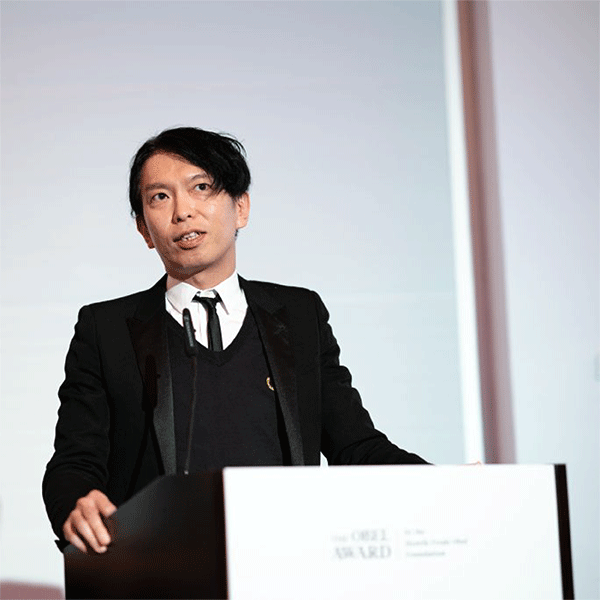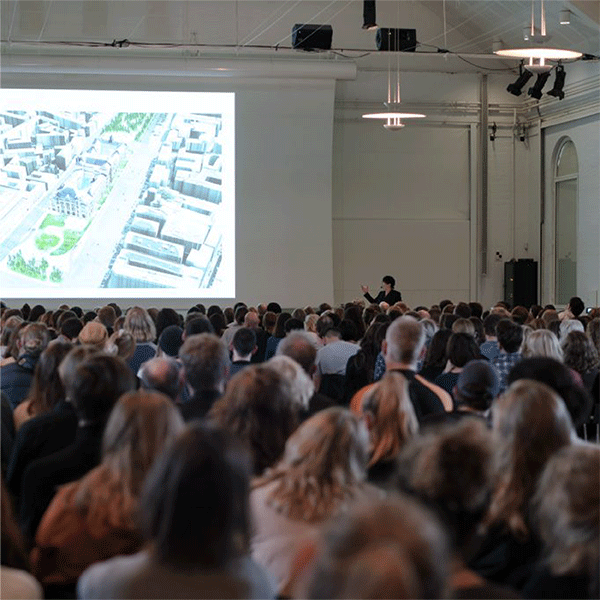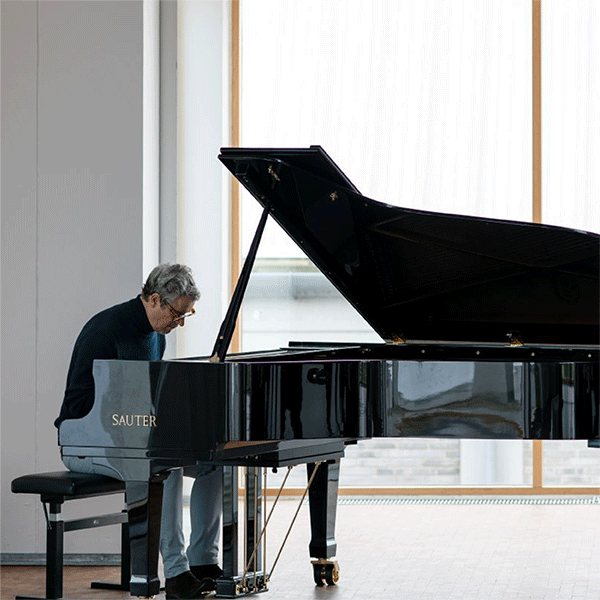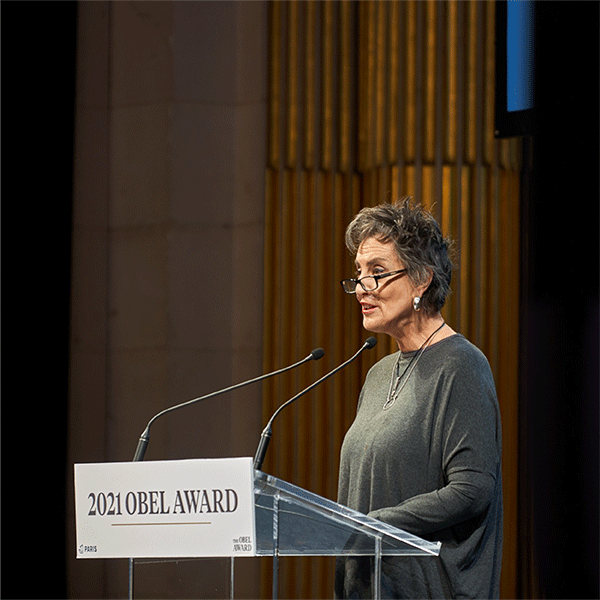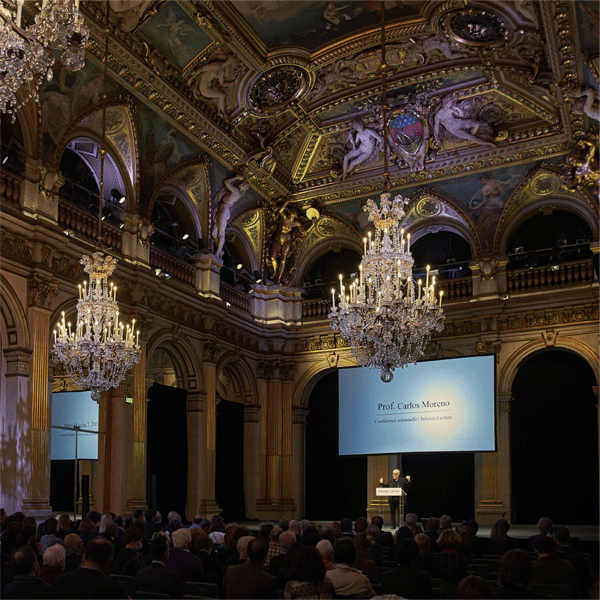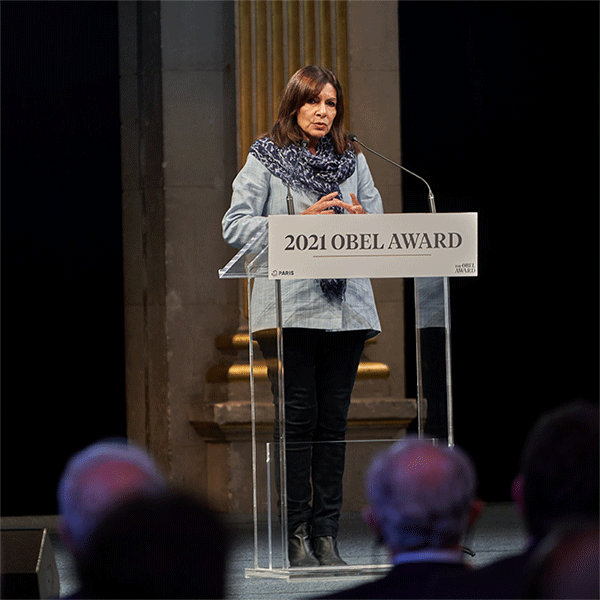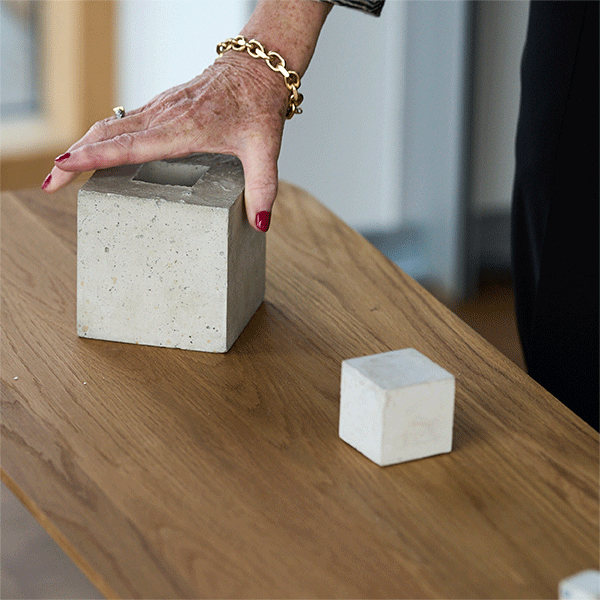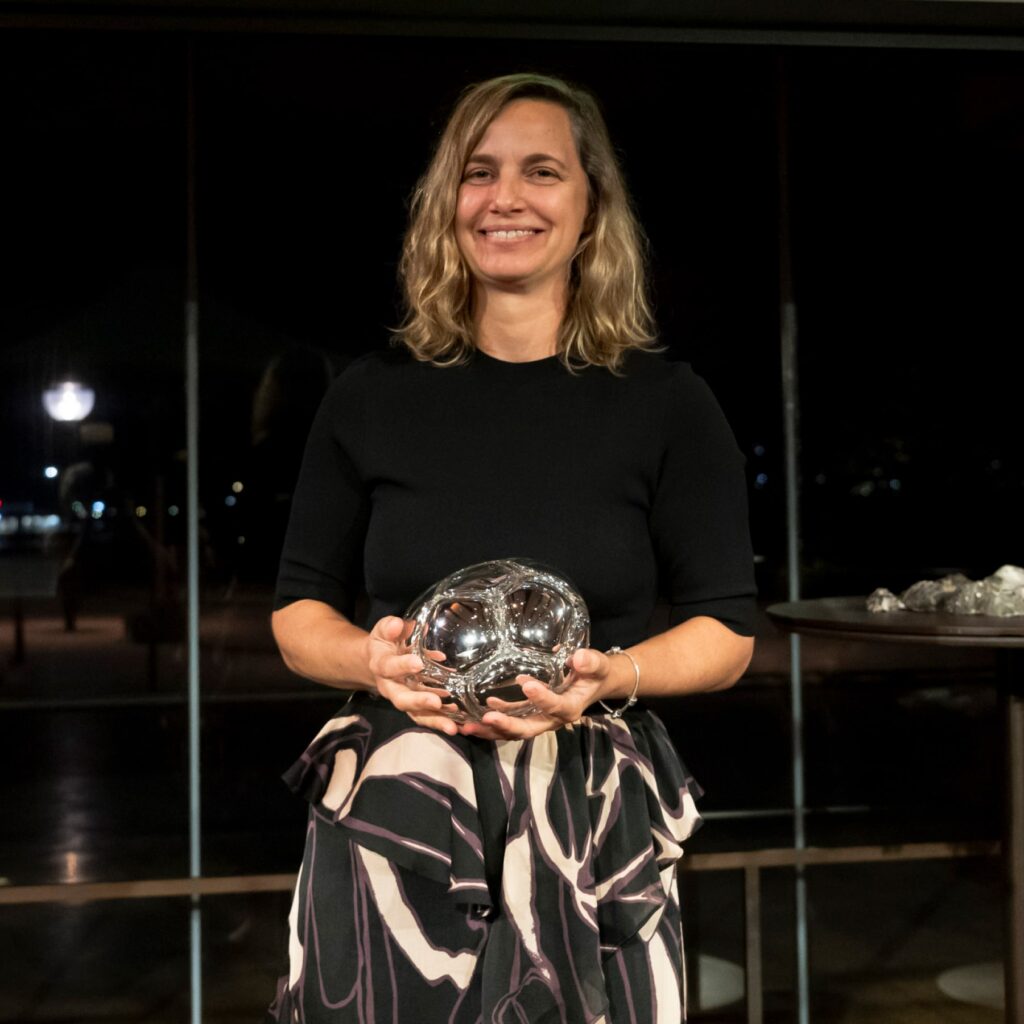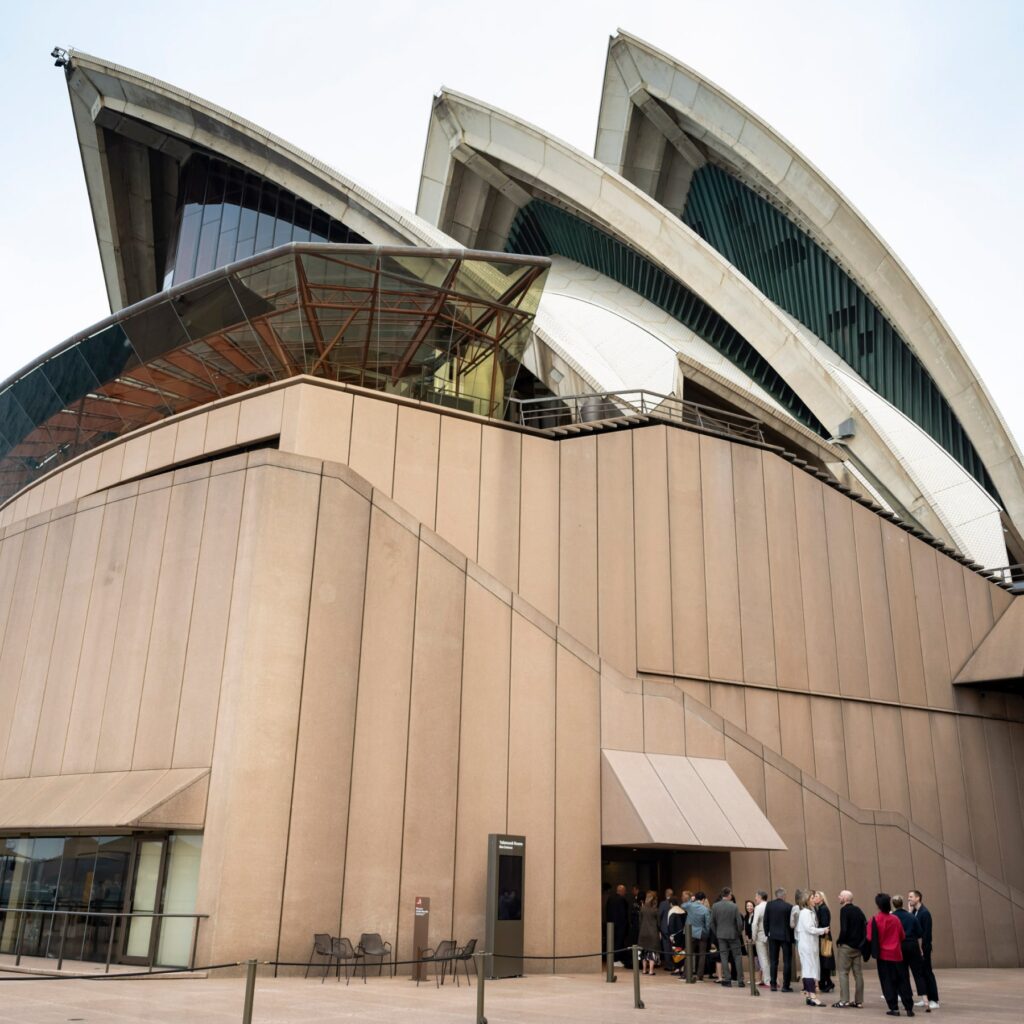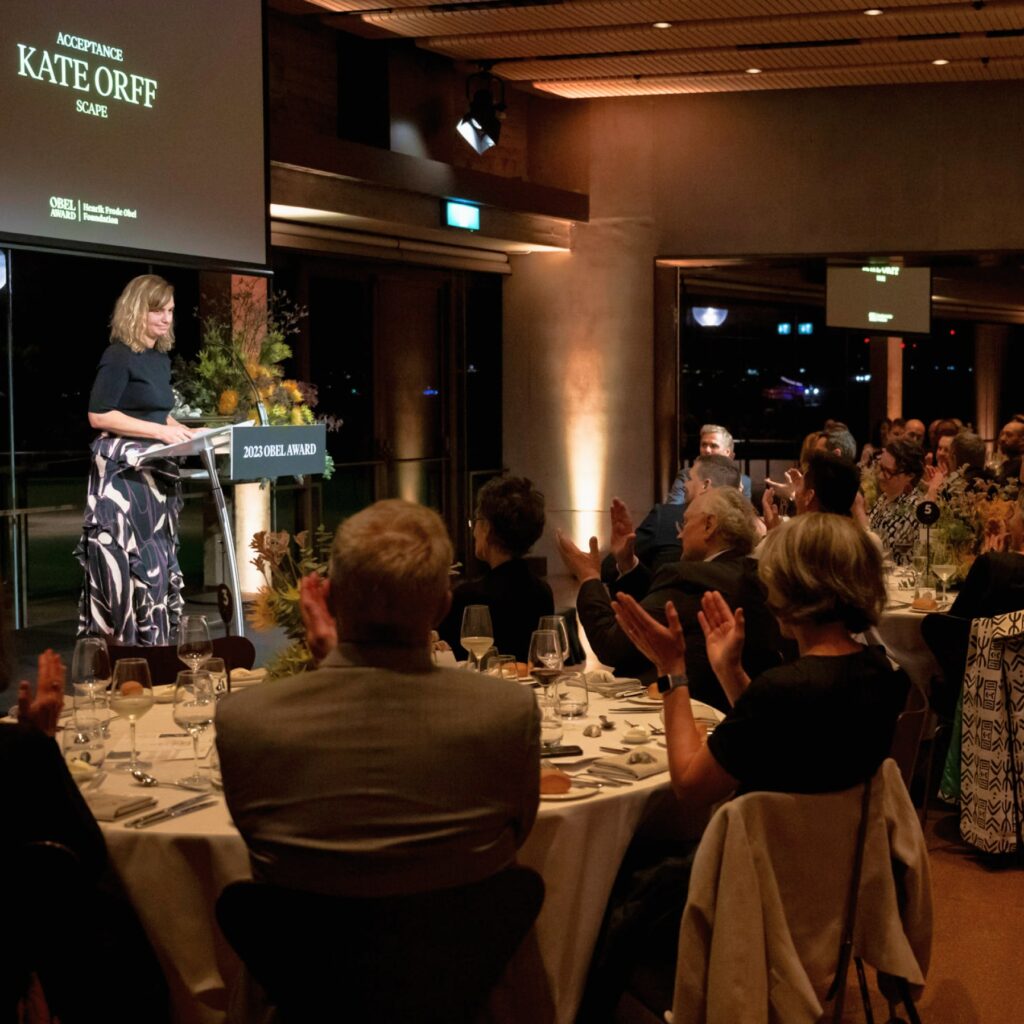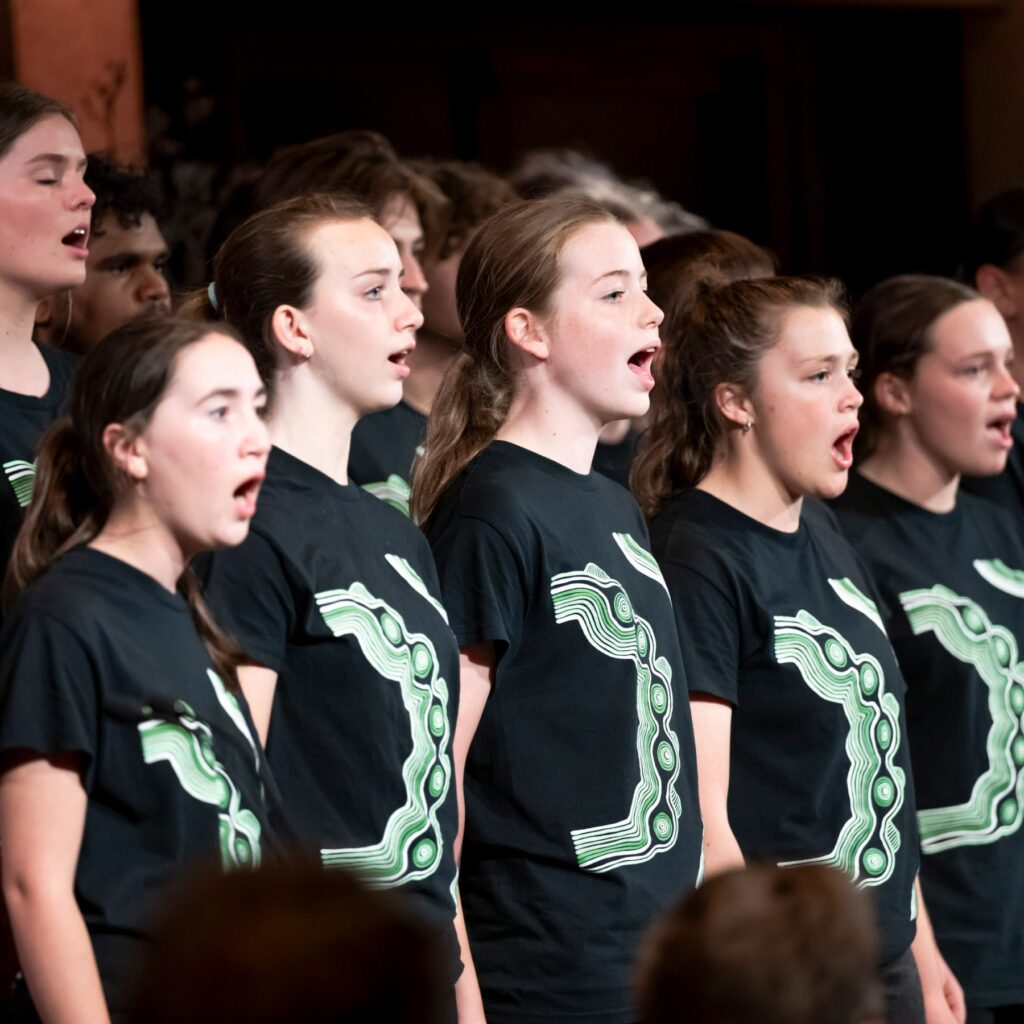An international award that promotes architecture in the service of both people and the planet.
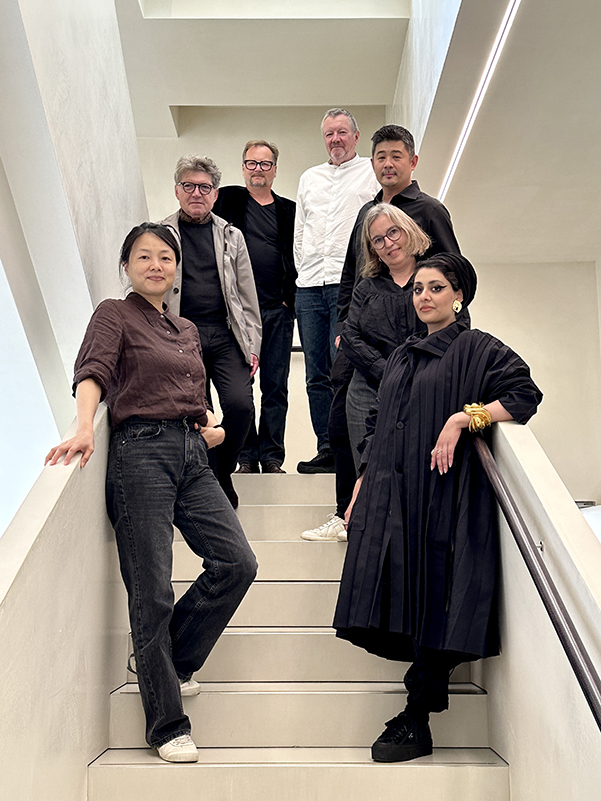
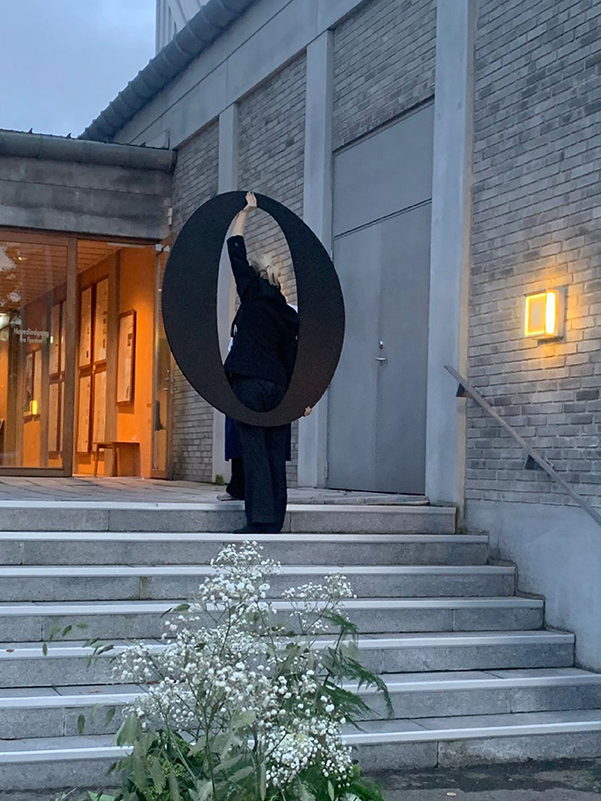
VISION
The OBEL Award aims to honour outstanding architectural contributions to social and ecological development globally. These contributions should offer seminal approaches to urgent problems, a commitment towards the common good.
The award focuses on the collaborative and cross-disciplinary elements of architecture and values the plurality of architecture as a practice. The OBEL Award works, through various activities, to demonstrate influential ideas and approaches that can spearhead and seed future architectural developments, and drive architectural discourse and education.
See FoundationFOCUS
Each year, the OBEL Award Jury establishes an annual focus. Emphasis is placed on a focus that forms dialogue on emerging agendas that recognise the importance, fragility and challenges facing our societies and the built environment. In this way, the award and all of its activities seek to develop a deep understanding of the focus and share gathered knowledge, exemplary architectural projects and expert insights that respond to these significant current and future challenges.
see the winnersPROCESS
The OBEL Award Jury meets twice a year, first to define an annual focus and second to select a winning project from a directory of submissions.
Submissions are made by a global and diverse network of scouts. As part of the anonymous OBEL Award scouting network, the scout will submit projects for the jury to assess in relation to the year’s current theme. The OBEL Award scouts are considered experts on the contemporary architectural field and relevant opinion makers within the discourse of architecture’s contribution to our built environment on both social, design, and ecological levels.
The Jury’s decisions are discussion based, ensuring a fair and representative process that allows for clear evaluation and an ability to keep a broader perspective in focus.
The individuals who participate on The Jury must possess an exceptional level of professional achievement in their field, demonstrate an ability to envisage a global perspective and support social and ecological development and advances that bring promise of change and a better future for all.
Read about Jury
